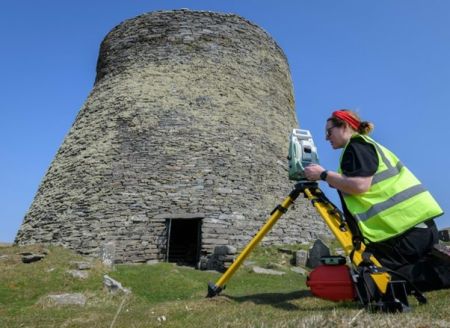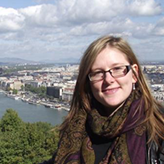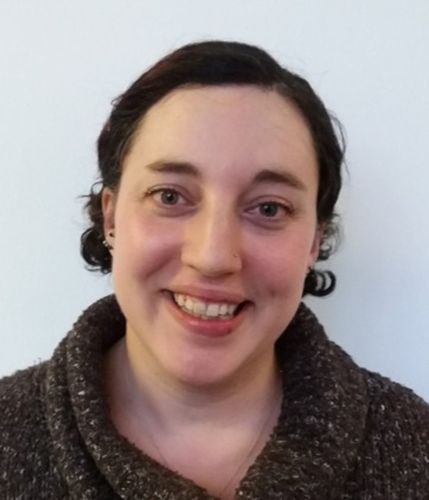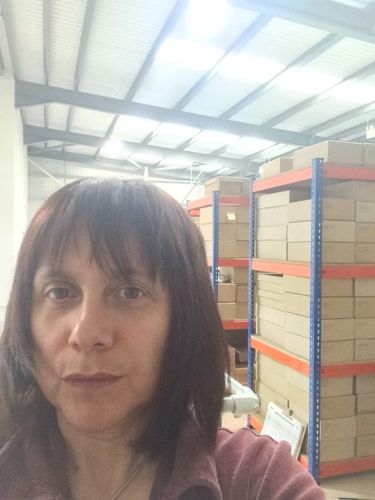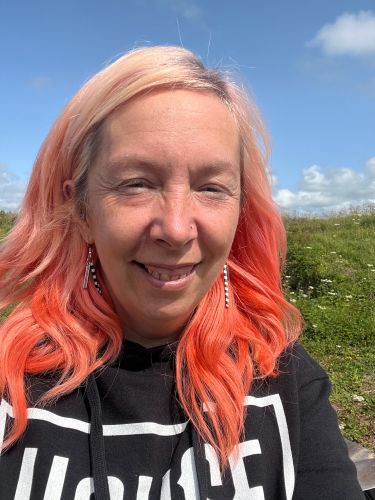CIfA's Information Management Special Interest Group represents the interests of professionals who work or have an interest in the area of information management. The group aims to promote standards and good practice relevant to the management of all aspects of historic environment and wider heritage sector information through the activities of the CIfA.
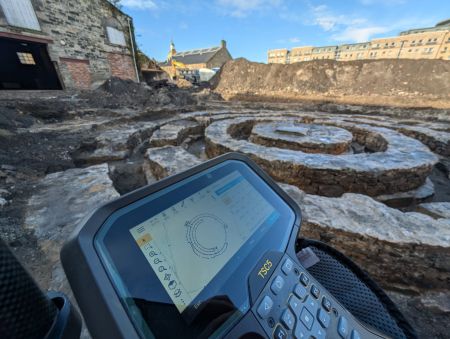
The group focuses on how those working in the historic environment/ heritage sector create, access and share digital data together with the standards involved in these processes. Our work relates to
- data capture and recording practice
- recording system design
- archiving of digital data
- promoting access to information
- re-use of digital archives
The Information Management Group works to coordinate, develop, maintain and promote standards for the recording of heritage information, to promote best practice and share experience in the application of information standards, and promote and seek involvement in the future development of existing data standards.

